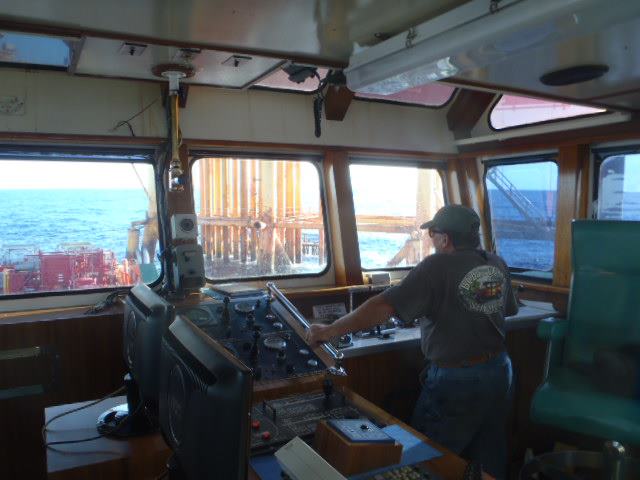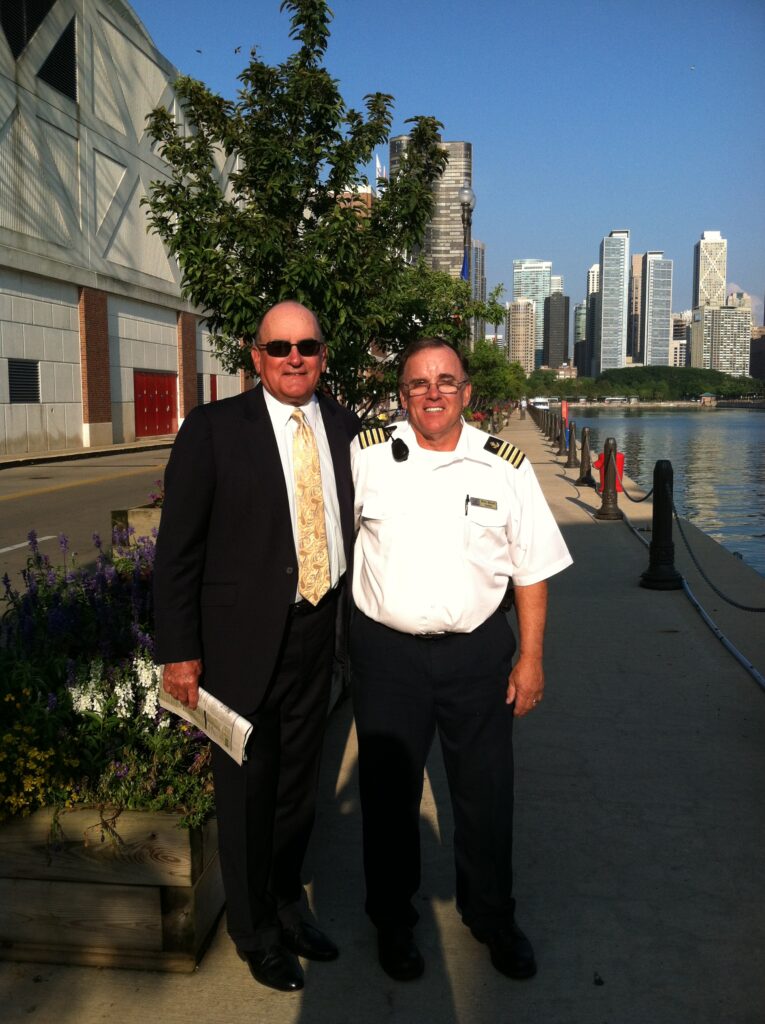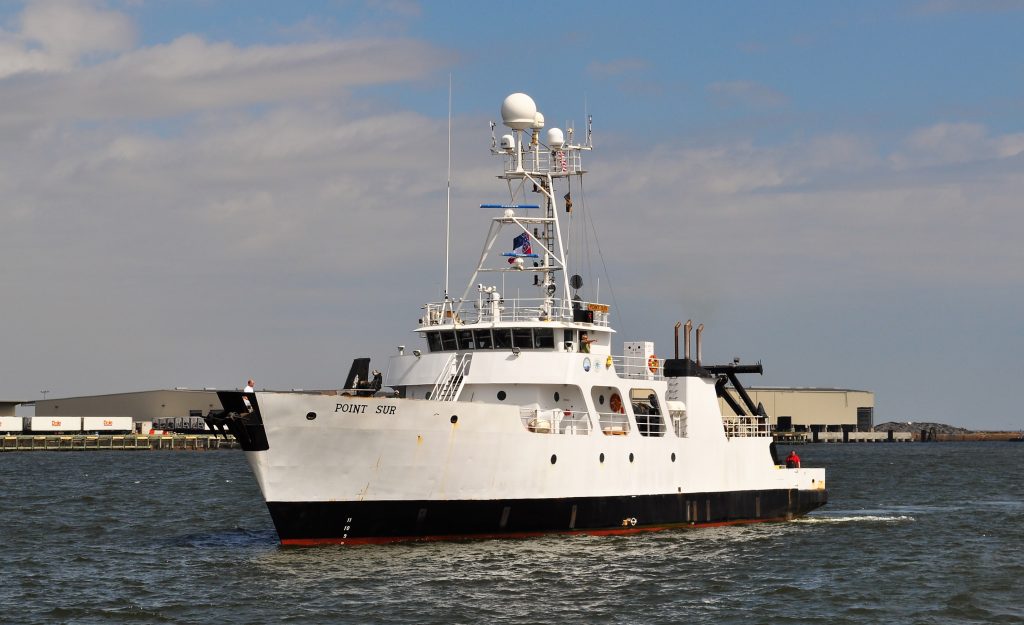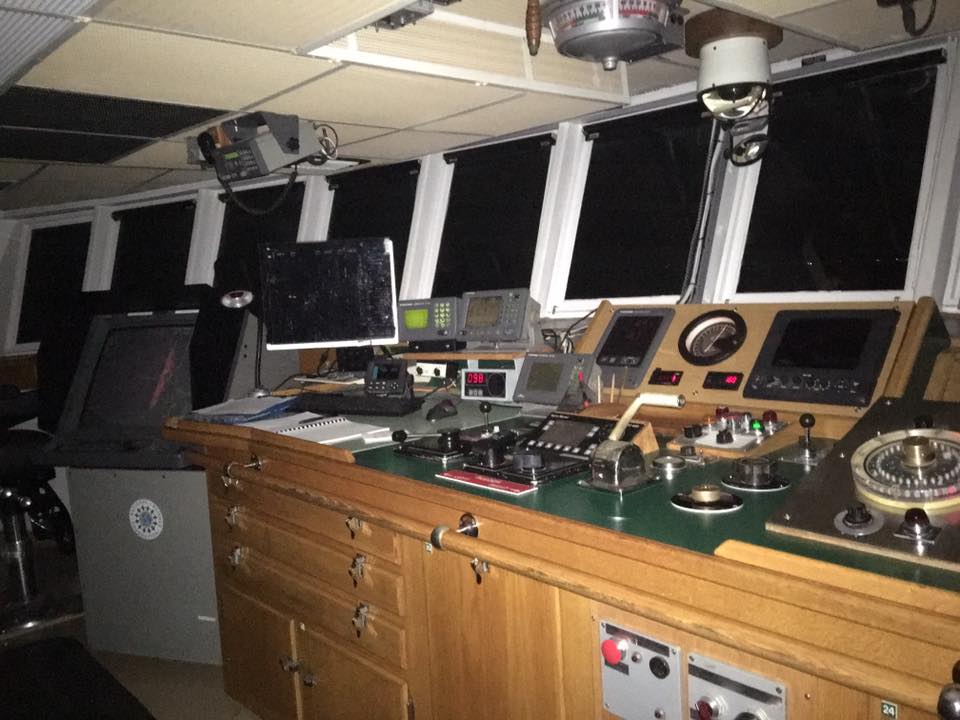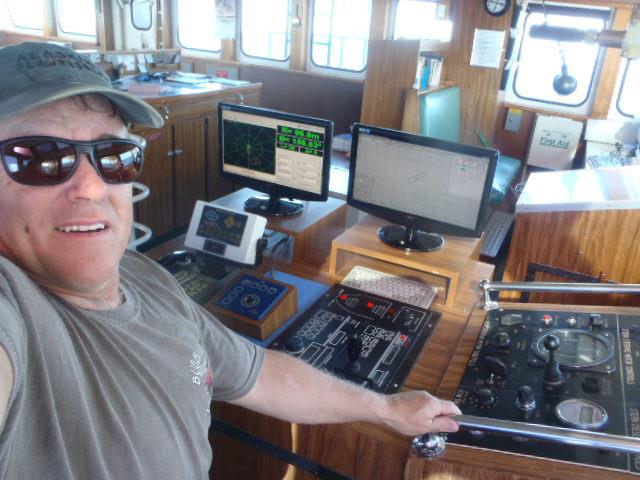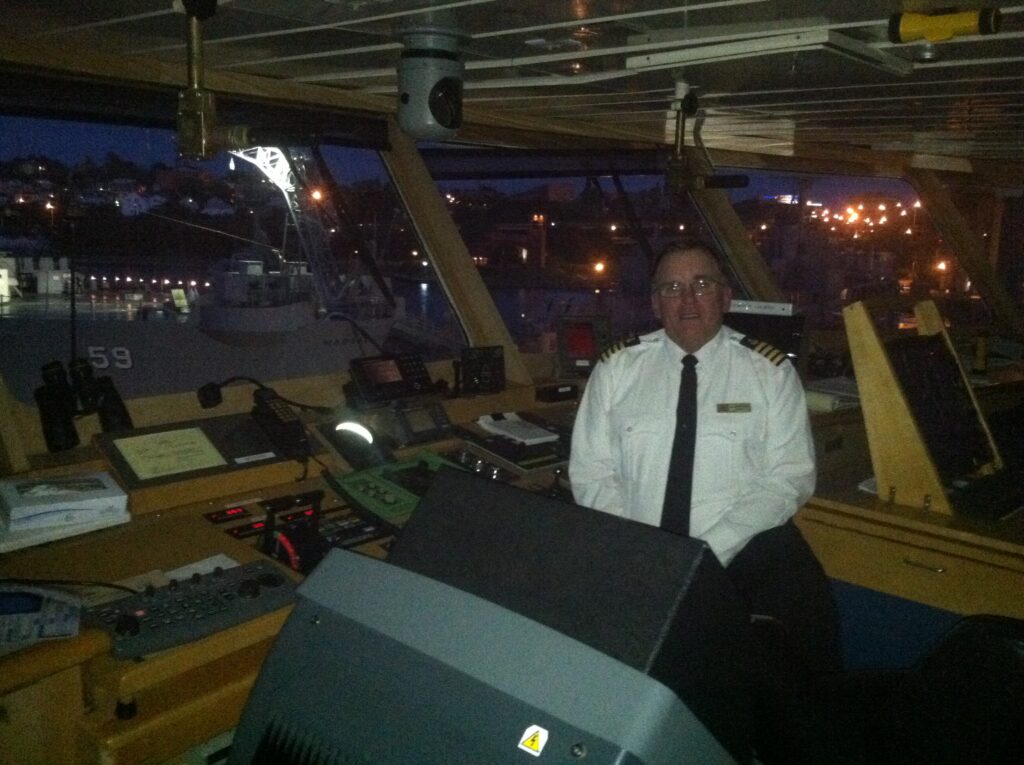Behind every smooth voyage lies a sea of hidden maritime legal issues waiting to surface. Legal challenges in maritime law that can sink a case if not handled right.
Maritime lawyers juggle some of the most complex cases in the legal world. Unlike land-based disputes, cases at sea involve international treaties, multiple jurisdictions, technical operations, and high-stakes liability. The challenges are huge, and that’s why many legal teams turn to a maritime law consultant for clarity, technical expertise, and litigation support.
Here are the top five maritime legal issues lawyers encounter—and how a consultant can help navigate them.
Top 5 Maritime Legal Issues and How Consultants Help
1. Vessel Accident Liability & Personal Injury Claims at Sea
When a ship collides, a faulty engine causes fire, or crew are injured, personal injury claims at sea become inevitable. According to the US National Institute for Occupational Safety and Health (NIOSH), workers in marine terminals and port operations suffer a fatality rate of about 15.9 per 100,000 workers per year, nearly five times higher than the average for all U.S. workers.
Around 3,000 maritime casualties and incidents are reported annually in the U.S. across cargo, passenger, fishing, and service vessels.
How a Consultant Helps:
- Provides expert testimony maritime law, e.g. engineers or safety analysts, to establish cause and liability (negligence, unseaworthiness).
- Investigates vessel design, safety logs, crew training, accident reconstruction to support or defend claims.
- Guides lawyers on applicable laws like the Jones Act or Maritime Labour Convention, and helps align evidence accordingly.
2. Compliance Risk & Environmental Regulation
Environmental rules have tightened globally—air emissions, waste discharge, ballast water, fuel sulphur, etc. One study of U.S. marine energy projects found that environmental permitting and compliance averaged 14.6% of total project costs, for the 8 projects that reported full data.
Meanwhile, the IMO’s sulphur cap significantly increased fuel costs and required many vessels to retrofit or switch fuels.
How a Consultant Helps:
- Interprets complex international regulations (e.g. MARPOL, IMO rules) and helps assess what is required for compliance.
- Advises on cost-benefit trade-offs for retrofitting vs replacing ships.
- Prepares defenses in case of non-compliance, helps with audits, helps with mitigation strategies.
3. The Maritime Litigation Process & Jurisdictional Complexity
Maritime litigation often involves multiple jurisdictions, international treaties, arbitration clauses, and conflicting legal regimes (e.g. when cargo is transferred between sea and land). Cases like charter party disputes, insurance claims, or cargo damage can drag on for years because of these legal complexities.
For example, European maritime authorities reported 2,676 marine casualties and incidents in 2023, including fatal or injury incidents, vessel damage, and accidents.
How a Consultant Helps:
- Helps lawyers choose the optimal forum (court vs arbitration), understand convention application (Hague, Hamburg, Rotterdam Rules etc.).
- Prepares the strategy to unify evidence across jurisdictions, translate technical and regulatory documents.
- Assists in coordinating cross-border investigations, salvage, or cargo loss claims.
4. Legal Defense Vessel Operations & Aging Fleet Risks
One major emerging risk: machinery damage/failure is now the leading cause of casualty incidents. A recent report from DNV (2025) shows vessels older than 25 years account for 41% of all incidents, up from 32% a decade ago.
Older vessels are more prone to failures, environmental leaks, fire or structural weaknesses. Defending clients in operations becomes harder with such risks.
How a Consultant Helps:
- Performs technical assessments: maintenance history, age vs reliability, condition surveys.
- Helps lawyers prepare legal defense in vessel operations, demonstrating what maintenance was done and whether operations were reasonable under prevailing standards.
- Advises on risk management: preventative maintenance, safety drills, regulatory inspections.
5. Expert Testimony & Evidence in Maritime Litigation
When cases go to litigation, especially ones involving vessel accident liability, pollution, or multi-party disputes, having credible expert witnesses is often decisive. Courts expect clear evidence from industry experts to explain technical or scientific points: navigation systems, fuel quality, mechanical failure, environmental harm, etc.
For instance, in cases of environmental compliance, the cost, timeline, and technical report quality matter. In the U.S., environmental permitting processes often involve pre-installation studies, post installation monitoring, stakeholder outreach—all technical facets that must be presented well in court.
How a Consultant Helps:
- Acts as, or locates, admiralty law experts with vessel, engineering, environmental, or operations backgrounds to provide credible testimony.
- Helps lawyers organize and present complex evidence—design blueprints, maintenance logs, sensor data, environmental tests.
- Works with legal teams to anticipate opposing expert testimony maritime law and plan cross-examination.
Pulling It All Together: Why Consultants Are Game-Changers
Benefit | Impact / Metric |
Reduce case duration & legal costs | By helping avoid jurisdictional missteps and ensuring proper documentation from the start |
Lower compliance risk & penalties | Studies show compliance can consume >10-15% of project costs if mishandled. |
Improve likelihood of winning claims | Strong expert testimony increases credibility and can shift outcomes significantly |
Manage aging fleet exposures | Machinery failures rising—incident rates are climbing for older vessels. |
Final Thoughts
Maritime legal issues aren’t just about statutes & courtrooms—they’re about navigating technical realities, environmental risks, subtle jurisdictional traps, and safety standards under pressure. By partnering with a maritime law consultant, attorneys can strengthen defenses, sharpen claims, and manage cases with richer evidence.
If you’re handling vessel accident liability, compliance disputes, or complex maritime litigation, don’t face the storm alone. Partner with Short Maritime and get a consultant who brings sea-tested expertise to your legal strategy.

